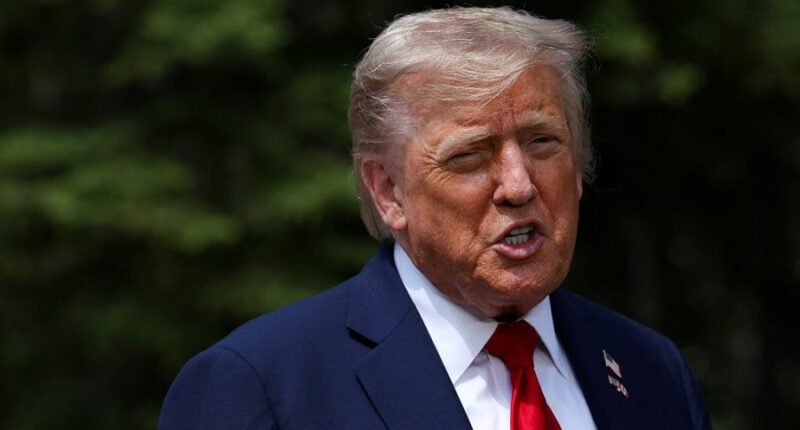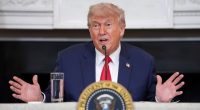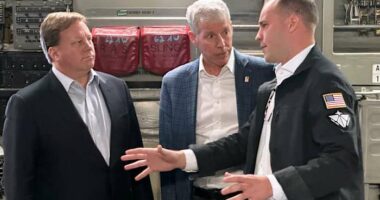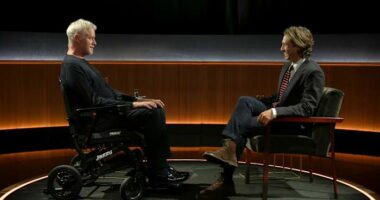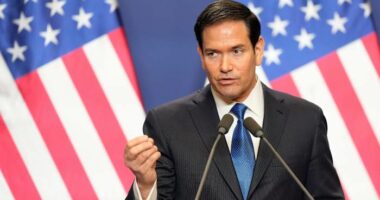Share this @internewscast.com

() President Donald Trump has sought to make America the undisputed leader in artificial intelligence, and his next moves are likely to surface during a tech summit on Wednesday.
Trump will headline an event hosted by the “All-In” podcast and the Hill & Valley Forum, according to a news release from the group.
The summit marks a major policy moment for Trump, who scrapped former President Joe Biden’s 2023 AI order just days into office. Trump has promised a more aggressive, America-first approach in his new AI “action plan.”
In April, the White House received more than 10,000 public comments on the plan, with tech giants like Google, OpenAI, Meta and Amazon weighing in.
Trump is also expected to sign executive orders on Wednesday regarding “woke AI,” data centers and AI exports, Politico reported.
spoke with two AI leaders one a startup founder and the other an AI masterclass professor at New York University and both agreed the goal is to secure U.S. dominance in AI as the race with China heats up.
Mohammed Nasir, CEO of AI startup General Agency, told the White House’s plan is “definitely important for American competitiveness.”
“Other countries, particularly China, do not have a lot of the restrictions that have been slowing down development up until this point, and lifting restrictions and lifting these roadworks definitely allow AI to move much faster and remain globally competitive,” Nasir said.
Ed Watal, NYU professor and co-founder of World Digital Governance, said it makes sense to continue expanding on American AI innovation.
“Of course, we’re making large infrastructure investments in projects like Stargate and several others, but also we built this,” Watal said. “ChatGPT was built, you know, in the U.S. So, there’s no reason we can’t stay competitive.”
Will Trump’s AI plan affect American jobs and data privacy?
A new AI policy could lead to short-term job losses, especially in administration or repetitive roles.
OpenAI’s Sam Altman told Congress this week that AI will disrupt millions of jobs, but he said the focus moving forward should be on helping workers adapt, not slowing down the technology.
Nasir agreed. “There’s going to be some job loss in the near term, but I wouldn’t say that we, as a society, have run out of ideas to create new jobs or create more meaningful jobs,” he said.
He compared it to the rise of the computer and said that tech innovation led to more specialized jobs.
“You didn’t have people manually tabulating data anymore. What happened immediately was that they started becoming more like computer specialists, and they just took on new roles, more meaningful roles,” Nasir said. “I think the same thing is going to happen with AI.”
But Watal also emphasized that AI safety hinges on enforcement, not just policy.
“We are definitely moving too fast without guardrails …” he said. “What is important is much like the bowling alley we need guardrails so things stay in the lane, and you get the strike every time you hit.”
